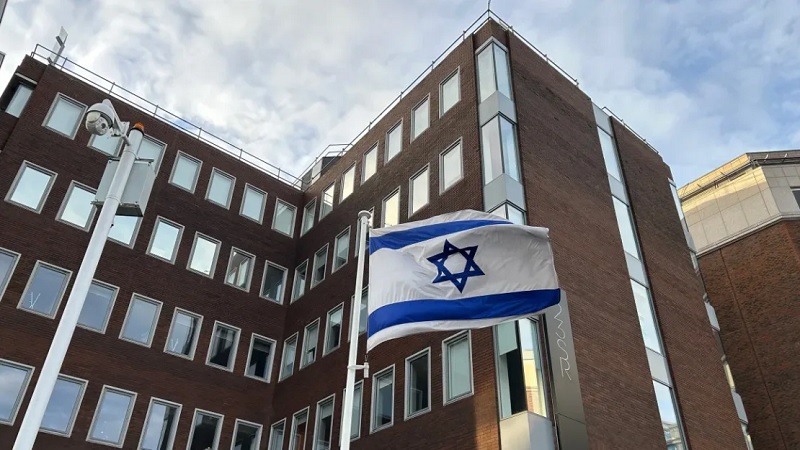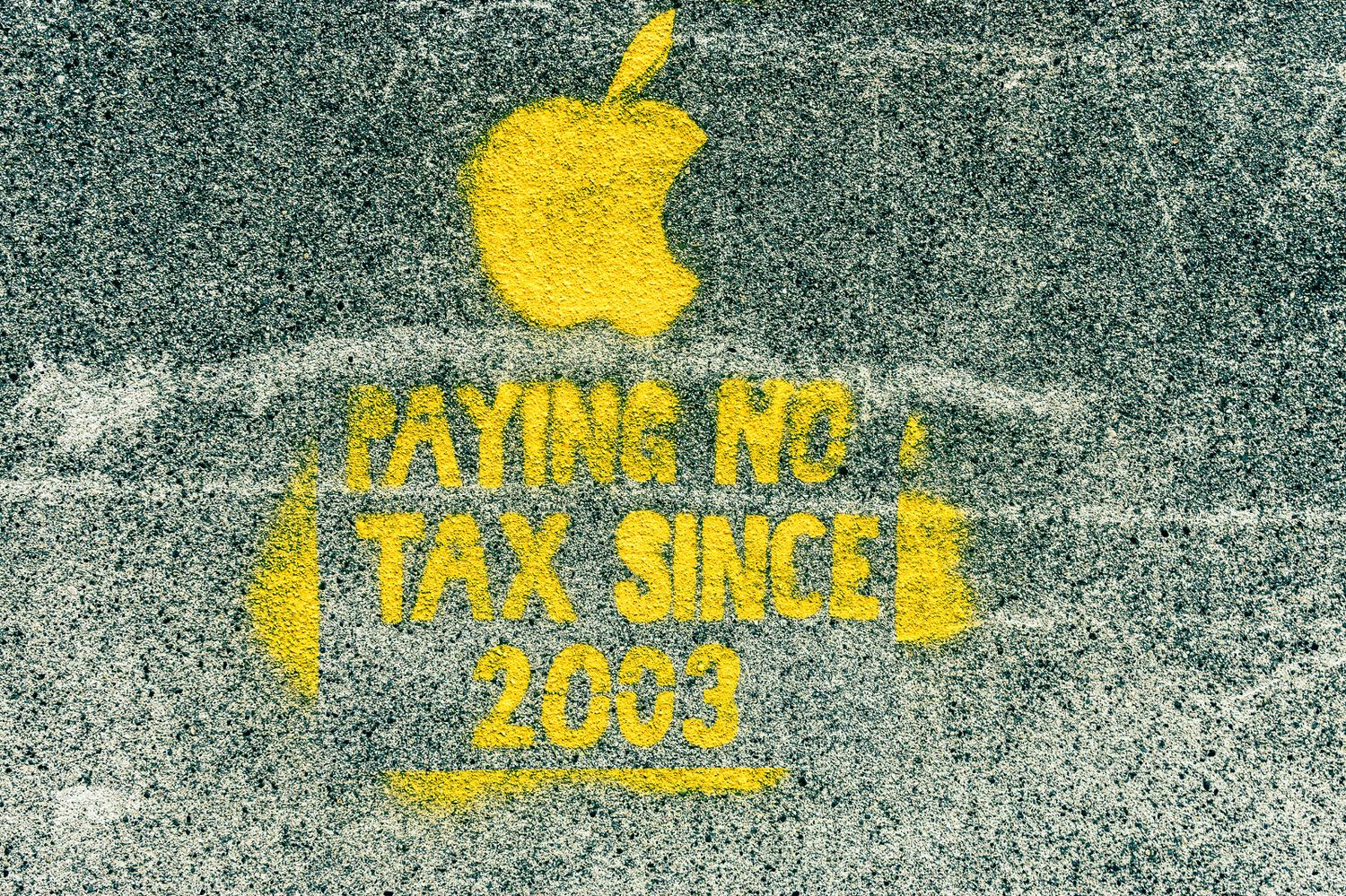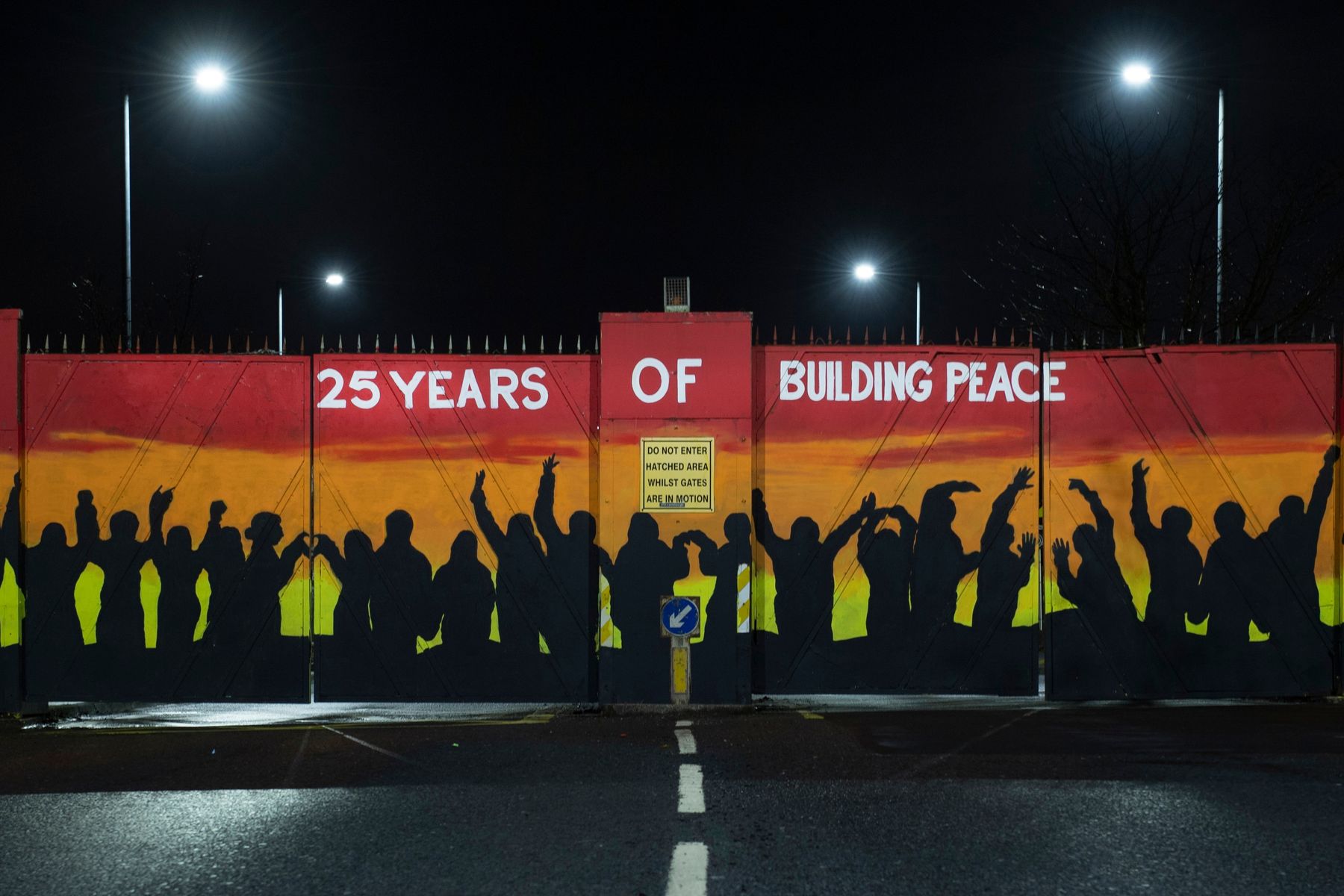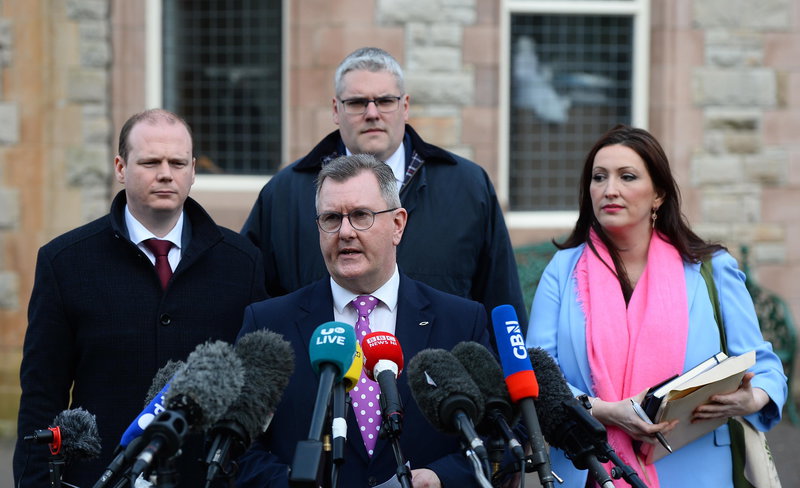A century later, Sinn Féin wins in the Republic of Ireland
- Sinn Féin has broken the bipartisanship established in the Republic of Ireland of the last century by the demo-Christian Fianna Gael and the centrist Fine Fail, winning the elections to the Parliament of the Republic. However, it will not be easy to form government.

After the creation of the Republic of Ireland at the beginning of the twentieth century and the division of Sinn Féin, the leftist Republican Party has achieved historic results. The Basque Parliament has 160 seats and, for the time being, 78 seats have been allocated among the parties: 29 for Sinn Féin, 16 for Fianna Fáil and 14 for Fine Gael, the party now running the government.
According to the polls, Sinn Fein can get 24.5% of the votes, Fianna Fáil 22.2% and Fine Gael 20.9%. These two parties support the current government with 92 votes. The absolute majority is in the 80 seats and it does not seem likely that the two seats will reach the 80,000 seats in the Government. I am sure that the full results will be known tomorrow. The Irish party system allows for ‘transfer of votes’, which slows down the count. In this system, the candidates of the parties are presented to the citizen in an alphabetical list that designates numbers 1, 2, 3, 4… what their priorities are.
The main parties have rejected Sinn Féin in the politics of the Republic of Ireland, inter alia, on the grounds that it was a political arm of anger. Sinn Féin's list head, Mary Lou McDonald, has stated that "now it is inevitable that they will take the party into account" after decades of marginalization. During the election campaign, Fine Gael announced that he will not talk to Sinn Féin to form government and that he will not. Fiana Fáil has been willing to speak.
In recent years, the Republican Party has managed to remain the third force in the Endesa League, but these results have been unexpected. It appears that Sinn Féin has been supported by the social sectors that have remained outside Ireland’s economic growth in recent decades, especially by young people. For example, it has proposed in its programme to freeze housing rents for three years or to build 100,000 public homes.
The mystery of the origin of the Basque country has intensified with the hand of Irulegi. For me, the discussions on this hand are being nice, because we reiterate that history sometimes flees from the logic we establish from the present and is as human as the people who... [+]
The Treaty of Good Friday of Northern Ireland, which has become a world benchmark in the resolution of armed conflicts, has reached a quarter century. The 1998 agreement was aimed primarily at ending violence. Violence has been greatly reduced, but it does not disappear. For... [+]
The Irish have lost their language and won English. What else have you gained? What else to lose? I've spent a week in Dublin, living and analyzing Bloomsday, a festival based on James Joyce's vibrant novel Ulysses.
I have previously been in Ireland, north and south, east and... [+]






















